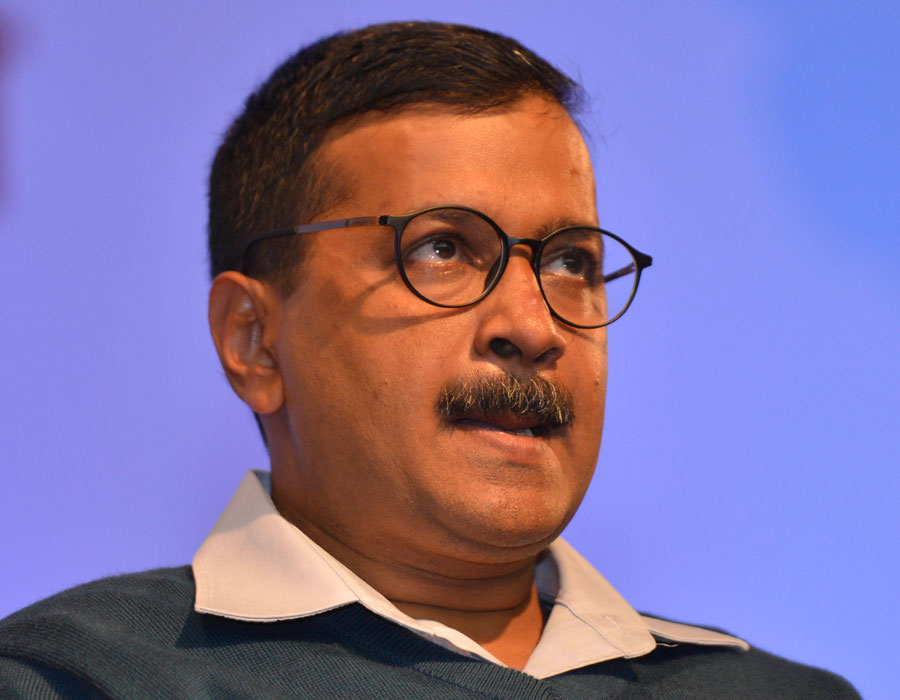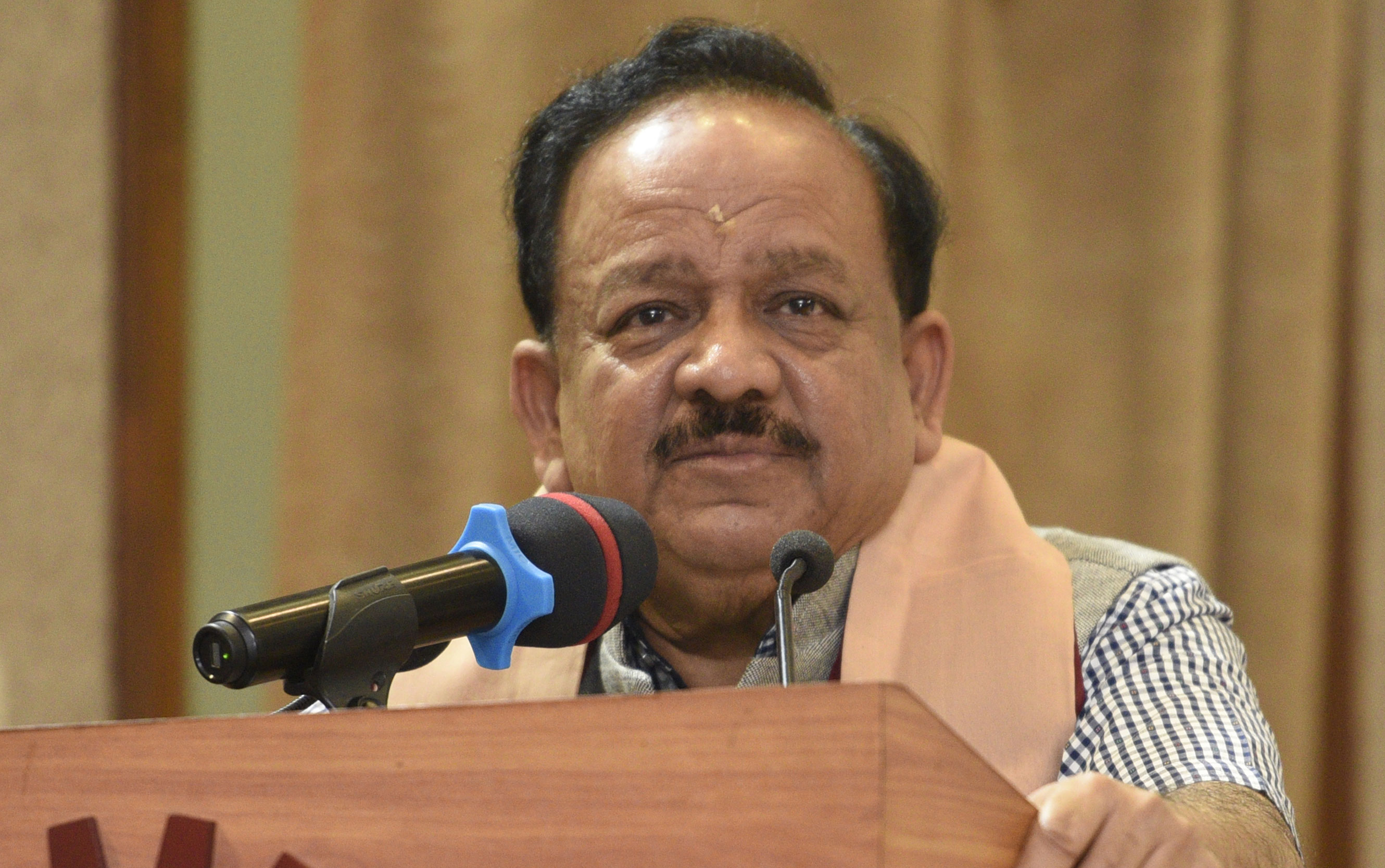Union health minister Harsh Vardhan on Saturday described a network of state government-funded primary healthcare clinics in Delhi as an “utter flop”, intensifying a duel with Delhi chief minister Arvind Kejriwal over their health schemes.
Responding to Kejriwal’s claim that the Delhi government’s health scheme was “bigger and more comprehensive” than the Centre’s Pradhan Mantri Jan Aarogya Yojana, Harsh Vardhan said in a letter the state’s health schemes were “lying on drawing boards awaiting implementation even after four-and-a-half years”.
“Your Mohalla clinics are an utter flop and the drastic neglect of patient care in Delhi government hospitals is there for all to see,” he wrote.
“Shriman Kejriwal ji, your tenure as chief minister is about to expire. It is only with an eye on the impending Assembly election that you have started befooling the public by showering bizarre schemes one after another that shall never take off.”
The Mohalla clinics, set up by the Kejriwal government in 2016, provide free primary healthcare, essential medicines and basic diagnostic services through private doctors recruited to run the facilities against a “fee-for-service”, about Rs 30 per consultation.
Harsh Vardhan had this week written to the chief ministers of Delhi, Bengal, Odisha and Telangana, asking them to join the Jan Aarogya Yojana, a public-funded scheme that provides hospitalisation cover of up to Rs 5 lakh per household per year. All states and Union territories apart from Delhi have joined the scheme.

Arvind Kejriwal responded on Friday saying his scheme was “10 times bigger and (more) comprehensive” than the Jan Aarogya. Telegraph picture
Kejriwal responded on Friday saying his scheme was “10 times bigger and (more) comprehensive” than the Jan Aarogya.
Less than 10 per cent of Delhi’s people are beneficiaries of the central scheme, he wrote, while every Delhi citizen is a beneficiary of the state scheme.
He said that while the central scheme’s beneficiaries were covered up to Rs 5 lakh, the state scheme had no such limit.
In his reply, Vardhan asserted that the cover of Rs 5 lakh was sufficient. “In the eight months since it has been implemented, only 10 families out of over 10.74 crore families have exhausted this cover.”
A public health specialist said he was not surprised by the “political exchange”, which was quite distinct from technical debates over the merits or flaws of the various health schemes.
“Actually, we can’t really compare the Mohalla clinics and the (central scheme) -– it’s like comparing apples and oranges,” said Chandrakant Lahariya, a public health expert based in Delhi.
“The Mohalla clinics are intended only for primary healthcare while the central scheme covers hospitalisation. They are complementary.”
Lahariya who has studied some of Delhi’s 190 Mohalla clinics said they were intended to give the city’s underserved communities access to primary healthcare.
He added: “The proof of the concept is in the outcome -– people are using these clinics. They get about 60 to 80 patients a day, and other states have expressed an interest in emulating the model.”
Over the past year, Lahariya said, Telangana has set up “basti dawakhanas” and Maharashtra started “aapla dawakhanas”. Jharkhand, Chhattisgarh and Jammu and Kashmir have signalled similar intentions.











